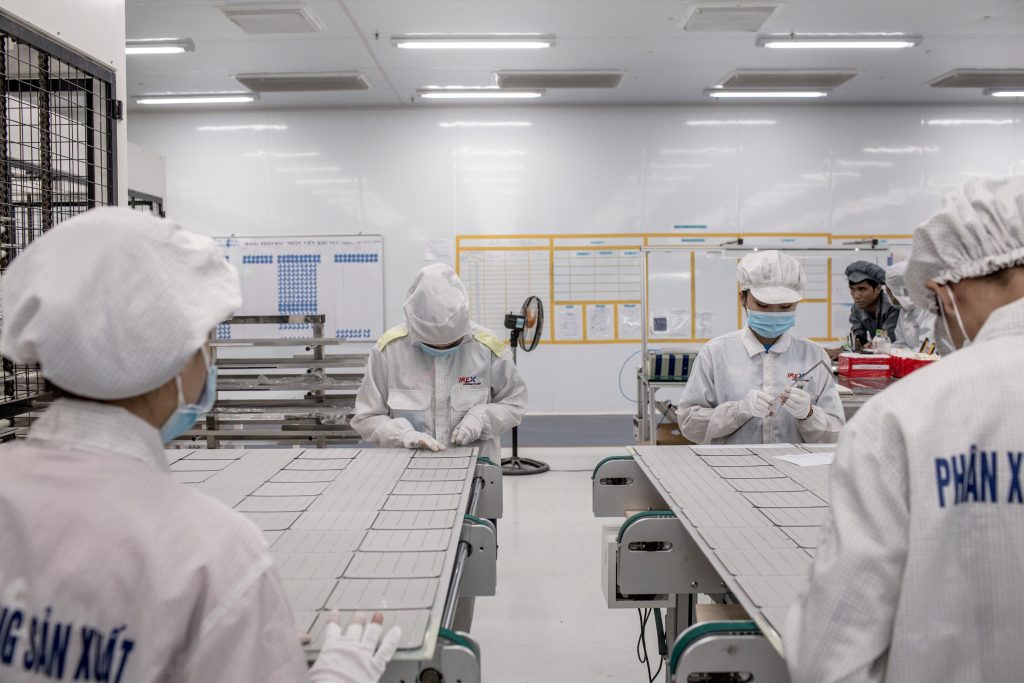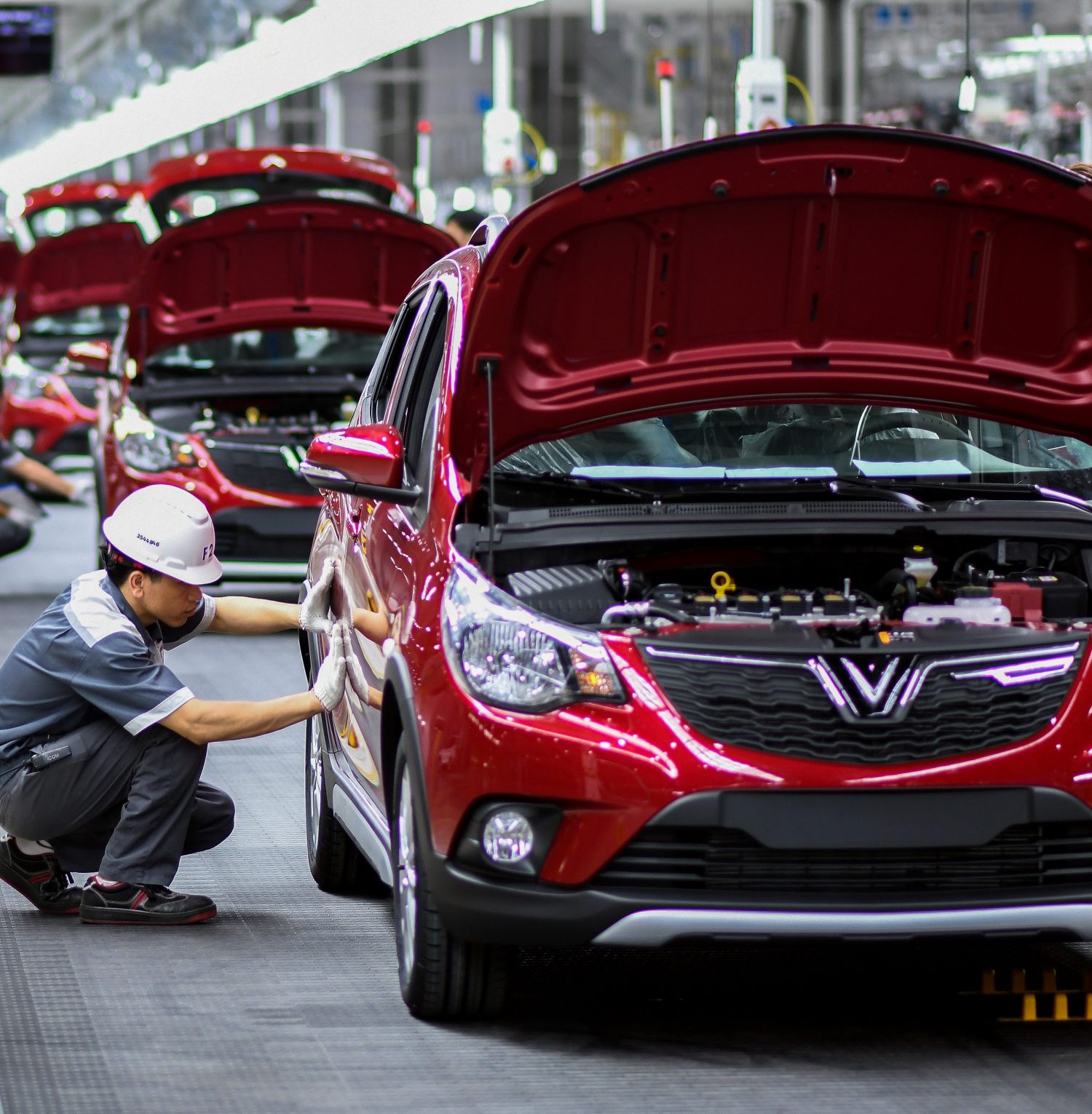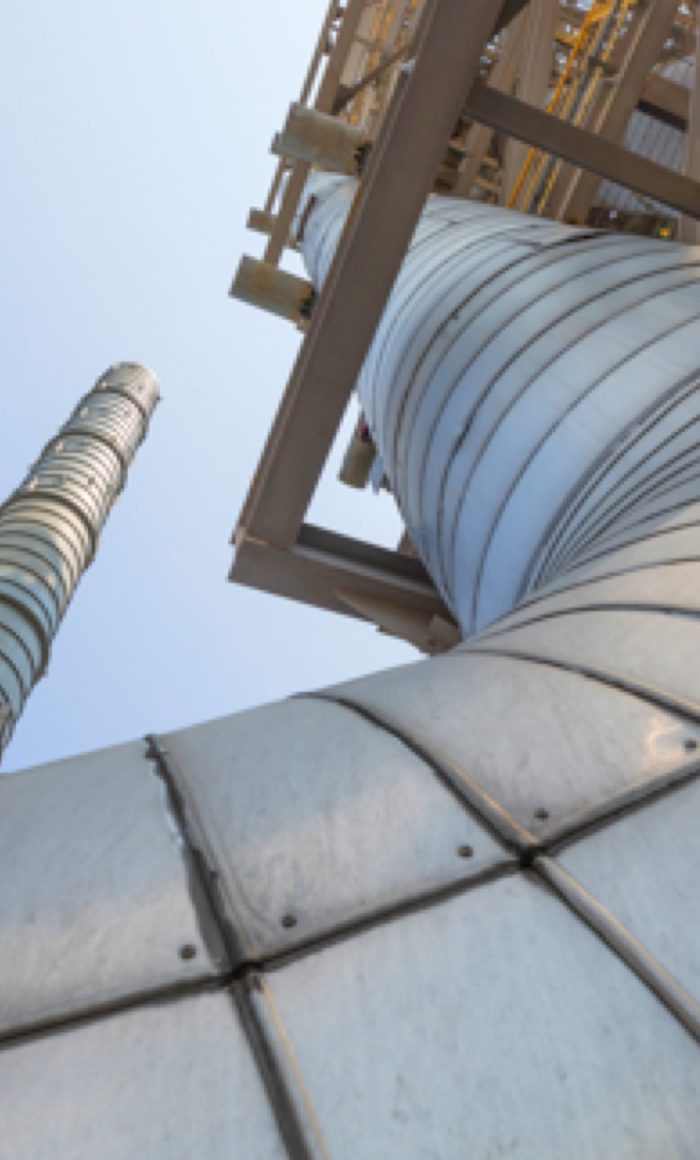Over the last decade, Vietnam has quietly become a manufacturing powerhouse in Asia-Pacific, putting it on the path to become a new economic hub.
It has attracted major investors, including Google and Apple. Over the past decade South Korean conglomerate Samsung poured more than $US17.3 billion into the country, building eight new factories and a research and development centre.
Underpinning this economic expansion is a need for reliable energy. Electricity demand is expected to grow from 48 gigawatts to 60 gigawatts by next year alone.

Billions of dollars are being poured into Vietnam to build its manufacturing capability.
To keep up with its surging power demand Vietnam needs to secure more energy. Failure to do so could cause crippling shortages and slow the country’s unprecedented economic expansion.
That’s why the country, which generates a majority of its electricity from coal, is considering natural gas as a more efficient and sustainable way to generate power. Driving this shift away from coal are major gas developments which could provide decades of energy for Vietnam.
A study from Harvard University’s John F. Kennedy School of Government said that by using natural gas, Vietnam would release fewer emissions and improve overall air quality. The report also found that gas could support a growth in renewables, smoothing out intermittent wind and solar power.
Vietnam’s future energy mix is evolving as the country becomes a new global manufacturing powerhouse. Gas is placed to support this growth, supplying the energy needed to build the sector without sacrificing clean air.




